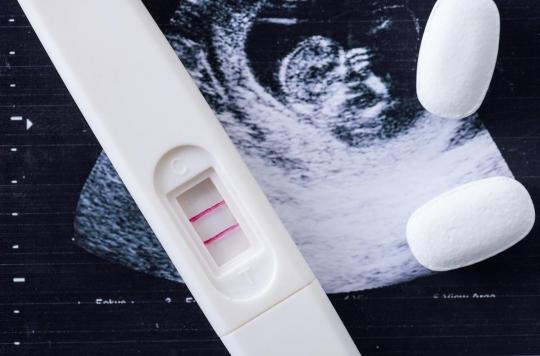The health law provides for the possibility for patients to initiate group actions. However, the Senate has just limited its scope.

It’s official: the Senate has restricted the application of group actions in the context of health. Very popular in the United States, group actions bring together consumers who feel aggrieved by the action or products of the same professional and who together demand material repairs.
Entered into force in France in 2014, this procedure is now offered under the health law, for people seeking compensation for bodily injury caused by the use of health products.
Concrete limitations
The senators chose yesterday to vote on the amendments proposed by the Senate Social Affairs Commission. They impose concrete limitations on those who want to resort to group actions for a health problem.
Their flagship proposal: only associations of users of the health system approved at national level will be authorized to carry out the procedure. The senators justify this decision by two reasons: they want to avoid cluttering the courts, and to ensure that the actors carrying the action have the necessary experience. They estimate that the 400 associations approved at the regional level today are not all qualified to fulfill this mission.
In addition, senators have reduced the maximum time during which victims can join proceedings. Originally for a period of five years, they voted for a period reduced to three years. A measure that aims to reassure health professionals likely to be prosecuted.
Finally, amicable recourse is favored. An “alignment of the mediation regime in matters of group action on common law” is thus planned, in order to speed up the procedures.
Inconsistencies in the law
These restrictions come as many legal experts point to inconsistencies in the measure of group actions proposed by the health law in article 45.
The procedure is collective, but compensation can only be done on an individual basis. It is a question of proving, for each victim participating in the class action, the link between the product and the damage. The interest in initiating a group action is therefore limited, since the files remain individual.
Questioned by the newspaper The world, Patrick Errard, President of Leem, rather advocates a modernization of the compensation system of ONIAM, the National Office for Compensation for Medical Accidents.
Two other measures approved
Good news for former cancer patients: the senators also spoke out in favor of a “right to be forgotten”. The maximum time limit set for granting this right is now 10 years and no longer 15 years. This measure guarantees equal access to bank loans and insurance. In fact, people who are cured will no longer have to share their medical history, which, in fact, often forced them to pay premiums almost twice as high as normal.
In addition, the senators voted for the transparency of the links of interest between pharmaceutical companies and health professionals. Each contract will now have to be published, whereas so far only the total amount of all contracts has been made public.
.















